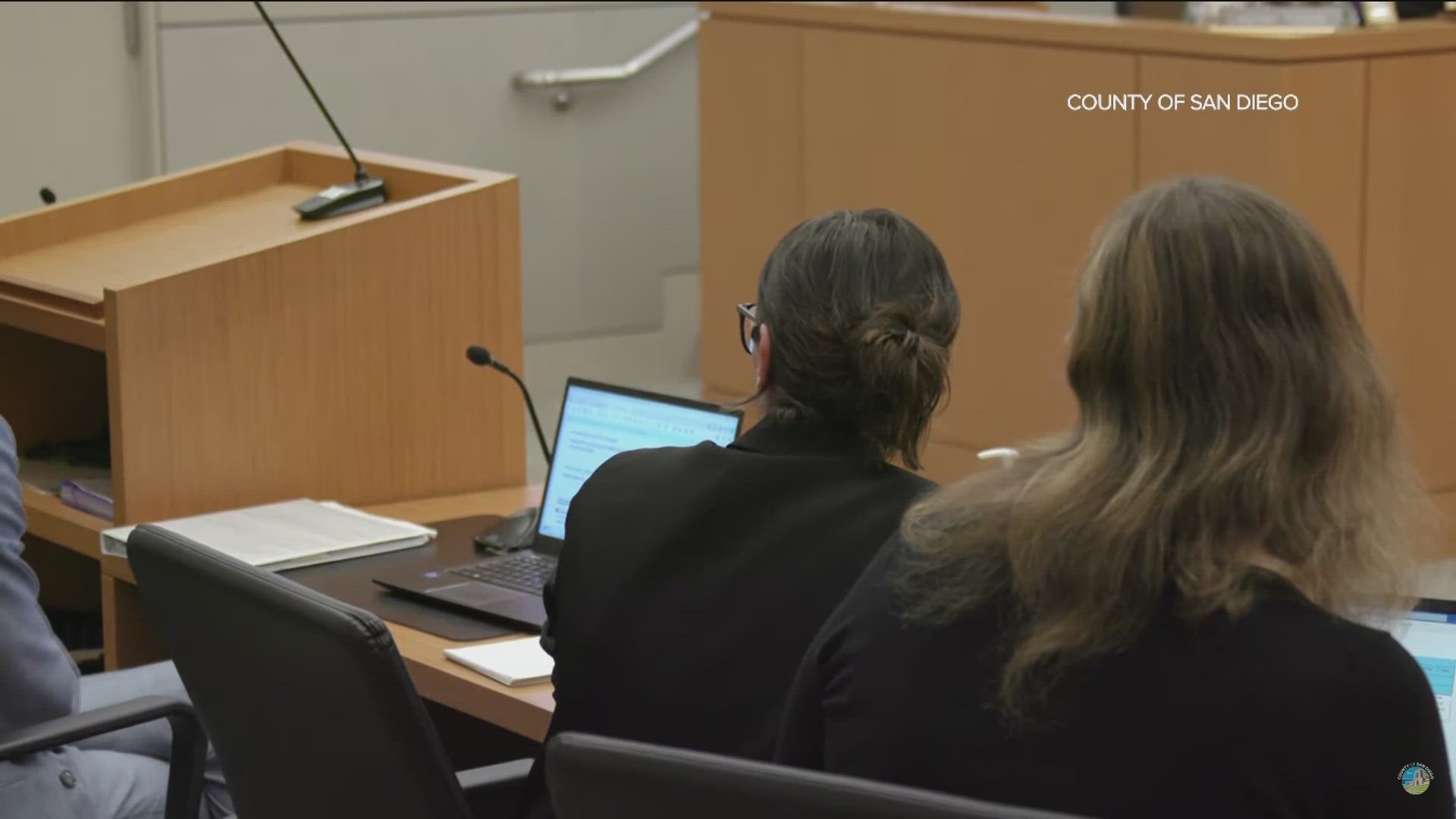SAN DIEGO COUNTY, Calif. — It has been one year since San Diego County launched its CARE Act program.
This new statewide initiative aims to connect severely mentally ill San Diegans with resources they need, including treatment and housing.
So far, San Diego County has seen two people who've officially graduated from the CARE Act program, which can last up to 12 months or longer.
At this point, more than 70 San Diegans have entered into CARE agreements with the court system. That's more than twice as many as the six other participating counties here in California combined.
"I am proud to share with all of you that the County of San Diego's CARE program has been a major success," said County Board of Supervisors Chair Nora Vargas.
On Thursday, county leaders delivered a report card on the Community Assistance, Recovery and Empowerment Act, or CARE Act, one year after San Diego launched its pilot program.
"There is no denying that the CARE Act program is working," said Dr. Luke Bergmann, Director of Behavioral Health Services for San Diego County.
This state program helps secure care for severely mentally ill people, and prevent them from entering the criminal justice system.
Over its first year of operation, the county received 209 petitions, primarily from family members, with 71 people ultimately choosing to meet with a judge to form a specialized treatment plan that includes both the courts and behavioral heath services in a collaborative effort.
"It is about getting you what you need to make you live your best life," said Desirae Sanders, County Deputy Public Defender and Supervisor of the Mental Health Unit.
It's a program that focuses on empowering the client to get the resources and help they need, said Amber Irvine, behavioral health program coordinator.
"In that courtroom, they are in charge - they are at the head of the table," Irvine added.
While not a homeless initiative per se, CARE has helped get dozens of San Diegans off the streets and in to shelter.
"Over half of the clients with CARE agreements at this point were unhoused when entering the program," said Bergmann. "Now, 4 out of 5 of those clients are housed."
When the CARE Act program was initially proposed, many critics warned that it would force people into treatment against their will.
"We have not seen the number of conservatorships go up as a result of care," said Sanders. "In fact we've seen the number go down. We all have been in agreement that this is a voluntary program and that is core how care is working in San Diego County."
San Diego is part of the initial pilot program to launch the CARE Act, along with six other counties.
All counties throughout the state must implement their CARE programs by Dec. 1.

